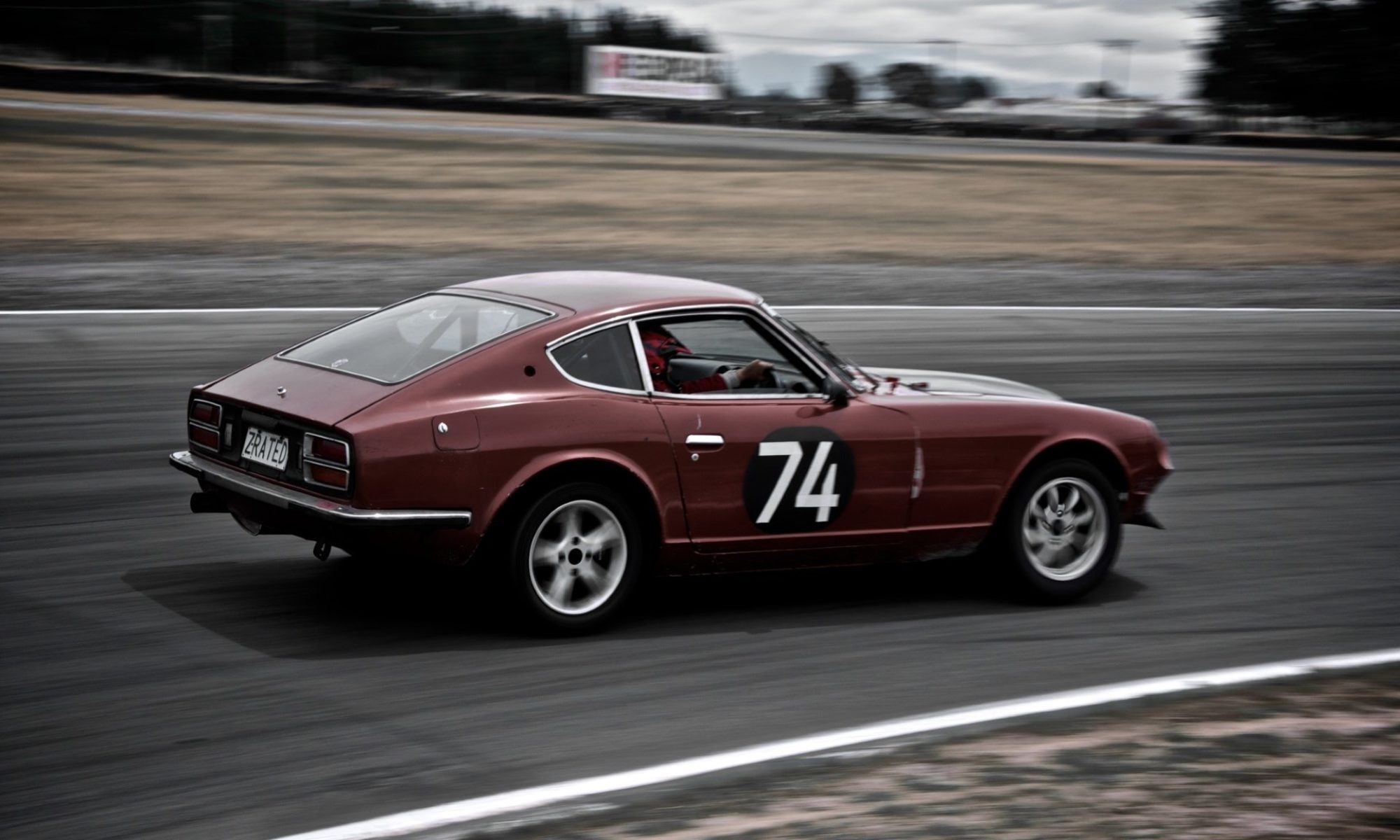
Jeep Grand Cherokee (ZJ)
Desirable Features
This section is still under construction, and may not have complete information.
- 5.9L Magnum V8 – Rare, as it was only available on MY1998 Limited models
Engines
Click the links below to see common problems specific to the engines available on this vehicle.
Problems
Mechanical
- Linkage and viscous coupling in V8 models with the full-time 4WD “NP242” transfer case goes bad – this does not affect vehicles with the part-time 4WD “NP231” transfer case
- The transmission may hold gears for too long, too little, or shift erratically. This can be caused by a few things:
- Automatic transmission fluid level may be low
- Kickdown cable may need adjustment – if it has stretched out too long (which can happen over time), it may require replacement
- The transmission may need new fluid and a new filter
- The Governor Pressure Sensor and Shift Solenoid can go bad; they’re easily accessible by dropping the pan
- The Throttle Position Sensor (TPS) may be faulty or have incorrect voltage
- Idle issues can be caused by:
- Clogged/faulty idle air control (IAC) valve
- Clogged/dirty throttle body
- Vacuum leaks – these are all old cars now, so the rubber vacuum lines in the engine may be dried out and cracked
- Failed fuel injector O-rings
- Clunking from the rear end can be caused by:
- Failing universal joints on the driveshaft
- Loose caliper bolts
- Rear driveshaft slip joint may need to be re-greased
- Worn bushings on the upper and lower control arms
- Worn shock mounts/bushings
- Worn transmission mounts
- Worn exhaust hangars and bushings
- Stretched transfer case chain
- Clunking from the front end can be caused by:
- Worn sway bar links/bushings
- Bad joints in tie rod ends and drag link ends
- Track bar bushings
- Worn ball joints
- Failing universal joints on the driveshaft or axles
- Leaking transmission fluid can be caused by:
- Cracked/failed lines that run to/from the radiator
- Failed transmission pan gasket
- Failed transmission output seal
- Plastic connectors that snap into the radiator
- Sloppy steering can be caused by:
- A steering box that needs adjustment
- Worn/broken ball joints
- Slop in front end components when turning steering
- Air in the power steering system – burp it by turning the wheel lock-to-lock several times
- Clicking during sharp turns can be caused by a bad CV axle
- Bogging down or stalling can be caused by:
- Low fuel pressure (symptom of clogged fuel filter or failing fuel pump)
- Failed upstream oxygen sensors
- Clogged/collapsed catalytic converters
- “Death wobble” can be caused by:
- Failed ball joint ends or bolts on the track bar
- Damaged/worn tie rod ends
- Being out of alignment
- Worn upper and lower control arm bushings, sway bar links, and sway bar bushings
- Bent/damaged suspension components
- Play in the ball joints
Electrical
- Vehicle information center (VIC) randomly throws errors
- Autodim rearview mirror breaks
- Alarm system will randomly drain the battery until it’s dead – and the alarm in general is awful. Chances are, if you can’t start the car, it’s the alarm causing it.
- Factory radios and speakers are “flaky”
- Rear wiper dies – happens because water gets into the arm and corrodes the shaft
- Interior dome lights that won’t turn off can be caused by blown fuses, stuck/unplugged door close buttons, or faulty relays in the fuse panel
- Windshield wipers not returning to their original position can be caused by:
- Blown fuses
- Failed intermittent wiper control module (located under the driver-side dash or under the removable grille under the windshield) or intermittent wiper relay (located in the Power Distribution Center)
- Failed multi-function switch
- Failing wiper motor
- Power windows not working can be caused by snapped wires in the door jambs or faulty window switches
- Parasitic drain can be caused by blown fuse #7, faulty solder joints on the Body Control Module (BCM), or faulty switch on the rear wiper
- The climate control may only blow at certain speeds or not blow at all; this can be caused by:
- Failed blower motor resistor
- Failed blower motor
- Failed climate control unit
- Vacuum leak at the firewall “T” next to the A/C lines – often causes air to only blow out of the defrost vents
- Heated seats – failure is often caused by worn wiring on the outside edge of the seat underneath the seat cover
- Flickering headlights or interior dimming issues can be caused by a faulty headlight switch
- ABS faults can be caused by:
- Failed wheel speed sensor wiring and lines
- Faulty ABS module
- Blown fuses
- Faulty Hydraulic Control Unit
- ABS relay/box unplugged
- Failed ABS pump
Body / Cosmetic
- Doors go out of alignment or fall off entirely – happens most often with driver-side front door, caused by failing door pins
- Condensation forms on the passenger-side front floorboard – often caused by a clogged A/C drain or failed heater core
- AC Evap system can spring a refrigerant leak
- Foggy headlights
- Tailgate won’t open
- Sagging headliner
- Leaking sunroof seals
- Rust, especially on:
- Lower parts of doors
- Rocker panels
- Bottom of the tailgate
